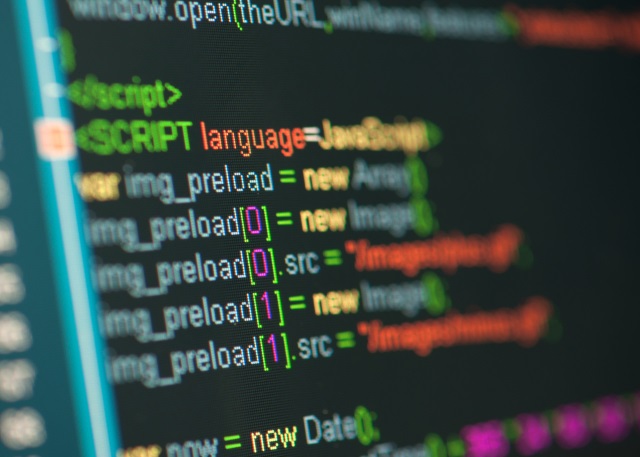
Australia is preparing for the jobs of the future by having children learn coding and programming at a very young age.
According to a report by Mashable, 21st century computer coding will be taught in primary schools from Year 5, and programming will be taught from Year 7. The curriculum was approved by Education Minister Christopher Pyne in one of his last acts before being sworn in as Minister for Industry, Innovation and Science.
The Department of Education and Training recently announced it will be pumping AUD$12 million (£5.54m) into four different science, technology, engineering, and maths (STEM) education initiatives as part of the Industry, Innovation and Competitiveness Agenda.
Those initiatives are the development of innovative mathematics curriculum resources, supporting the introduction of computer coding across different year levels, establishing a P-TECH-style school pilot site, and funding summer schools for STEM students from underrepresented groups.
"We’re making great progress, including the recent release of two new science units under our Science by Doing initiative, as well as professional development workshops for primary school teachers under the Primary Connections programme", Mr Pyne said. "We are restoring the focus on STEM subjects in schools and making sure our teachers get more instruction on STEM during initial teacher training".
"I’m pleased the Education Council has united to boost STEM study, with members from all levels of government in Australia, as well as New Zealand Ministers responsible for school education, early childhood development and youth affairs", added Pyne.
Opposition Leader Bill Shorten signalled his support for coding in schools earlier this year but then Prime Minister Tony Abbott opposed the idea.
Published under license from ITProPortal.com, a Net Communities Ltd Publication. All rights reserved.
Photo credit: spaxiax / Shutterstock

